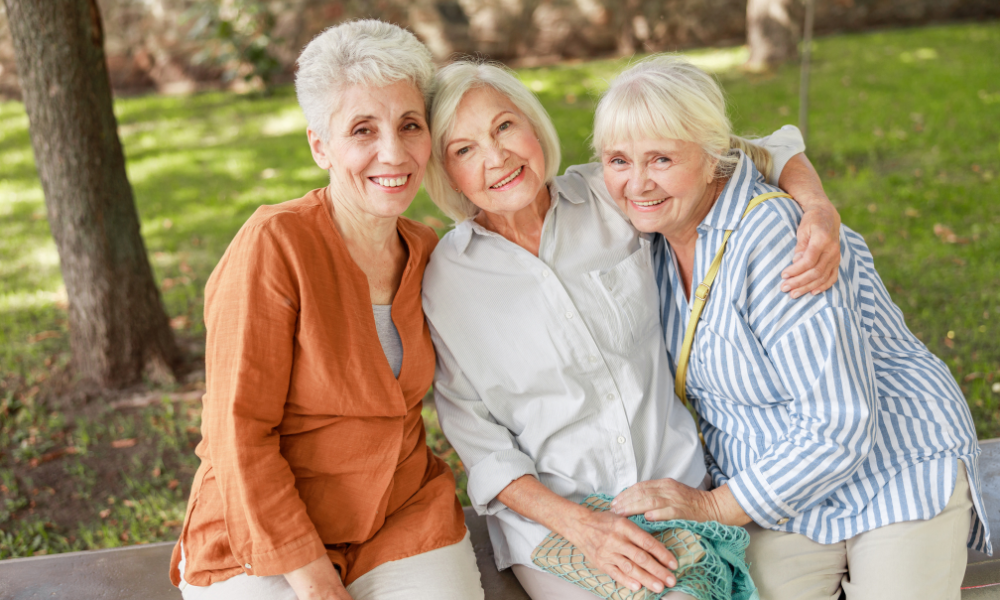
Did you know that spending just five minutes with an aging neighbor can positively impact their well-being for up to 48 hours? That short exchange—whether it’s a warm hello, a friendly chat, or a gentle hug—sparks the release of oxytocin, often called the “love hormone.” This powerful hormone reduces stress, lifts mood, strengthens the immune system, and increases feelings of connection and safety.
Virginia Satir, a pioneer in family therapy, once said: “We need 4 hugs a day for survival. We need 8 hugs a day for maintenance. We need 12 hugs a day for growth.” Her words remind us that touch and connection are not luxuries; they are essential for human health.
Why Socialization Matters
Research suggests people need 7 to 21 hours of social interaction each week just to maintain basic well-being. For many in the workplace, that happens naturally through meetings, conversations, and team activities. But for homebound seniors, socialization can be much harder to come by. Without intentional connection, isolation can creep in, leading to loneliness, depression, and even a decline in physical health.
Think of socializing like exercise for the immune system. Just as a daily walk keeps muscles strong, spending time with others strengthens the body’s defenses. Being together lowers stress hormones like cortisol while giving a natural boost to immunity. In other words, companionship is a kind of medicine—one that costs nothing but gives everything.
The Hidden Struggles of Caregivers
It’s not only seniors who face the challenges of isolation. Caregivers, especially those providing around-the-clock support, often withdraw from their own social circles. Many feel like they can’t leave the home or take a break without risking their loved one’s safety. Over time, this self-sacrifice can lead to burnout, exhaustion, and health problems of their own.
That’s why respite care is so important. Short-term support—whether through family, friends, or professional services—allows caregivers to step away, recharge, and maintain the social connections they need to stay healthy. A well-rested caregiver isn’t just happier; they’re also better able to provide loving, sustainable care.
Small Gestures, Big Impact
The good news? It doesn’t take much to make a difference. A brief phone call, a short visit, or even delivering a meal can provide the interaction that seniors and caregivers alike need. Five minutes of connection today can ripple into 48 hours of better health, improved mood, and a greater sense of belonging.
In a world that often feels busy and hurried, remember that your presence is a gift. By sharing just a little time with our aging neighbors and their caregivers, we help build stronger, healthier communities—one small act of connection at a time.

